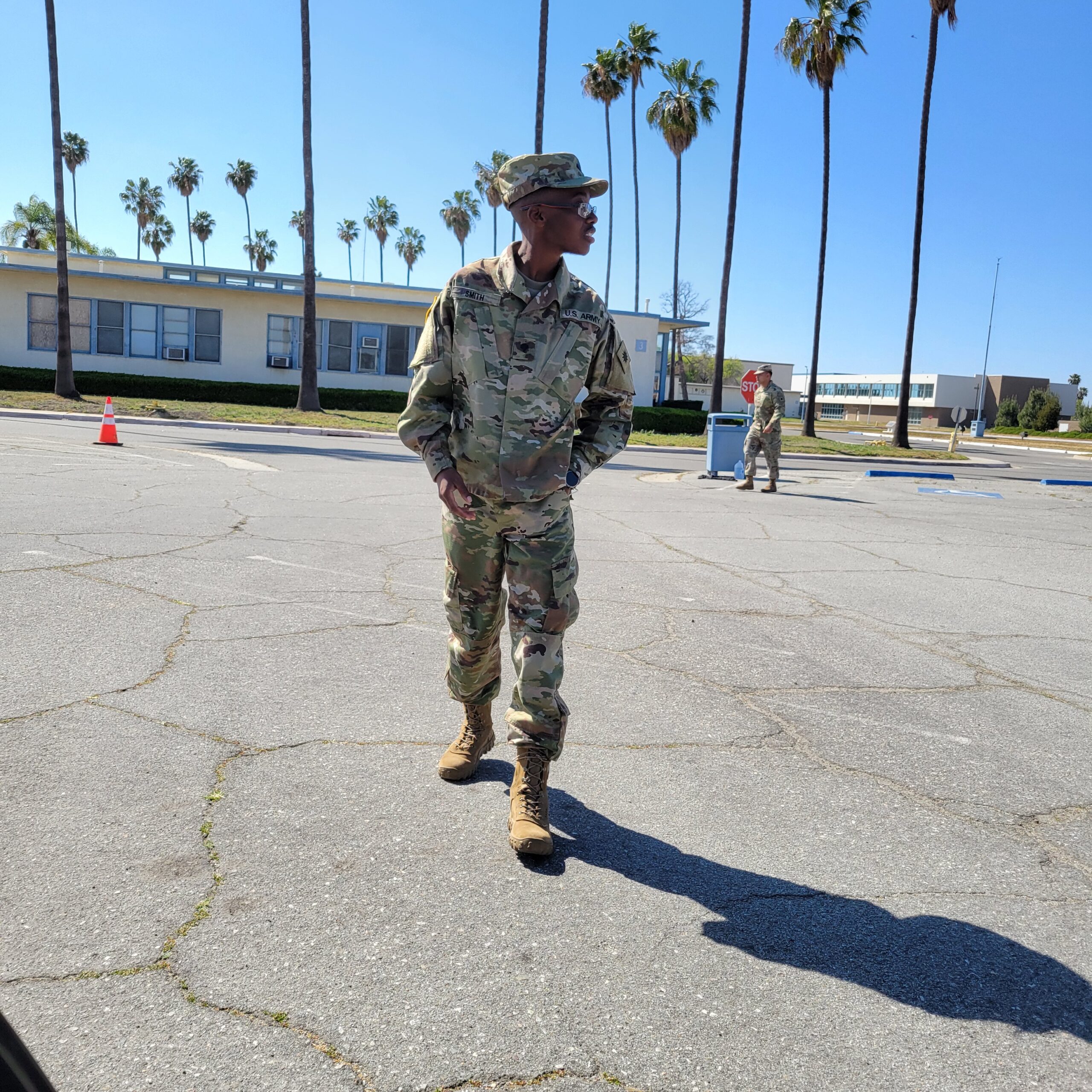While trying to figure out my military funding for school, I would spend the occasional Friday on drill weekends to visit the Education Service Office while it was open to avoid a separate visit on a weekday. Photo by Marcelo Maximilian
By Marcelo Maximilian, Staff Reporter
As a patriotic American who loves their country enough to enlist in the United States Army, I have thought tactically about the fact that I will separate from the service to pass down the legacy to the next soldier.
My American dream is to serve, retire with honor and move on to the next hurdle in my life – acquire an education. However, the road to getting military funding to pursue this dream has been a challenging maze. It felt like a battle of its own.
I was a Toro before I was a soldier. I never understood the inner workings of FAFSA but I trusted it would cover my tuition each semester, and it always did. Most conversations I’ve had with veterans and soldiers who earned degrees, boasted about getting tuition in full, a stipend for books and a housing allowance. Not every soldier’s experience in the service is the same and for a reservist to be compared to an active duty soldier, the difference can be night and day.
Active duty soldiers are entitled to more benefits than a reserve soldiers such as a basic allowance for housing and the post-9/11 G.I. Bill which pays more tuition whereas the reservist may only be eligible for the Montgomery G.I. bill.
For a soldier to fully take advantage of the education benefits they are entitled to, they must become well-versed in what the benefits are and take time to fully understand what is out there and which ones apply to them. I reccomend when researching schools you may be interested in, inquire if the school is a part of the Yellow Ribbon program, a program where the school pays tuition costs that the G.I. Bill doesn’t. This Bill has many variations but is among other military-based school funding including Federal Trade Assistance.
CSUDH, for example, is not a Yellow Ribbon school, but when I first enrolled in 2019, I was unaware of the program, and becoming an American soldier was merely a passing thought back then.
When someone in the military is putting a lot of effort into something, a common joke in the military is to say the soldier is; making a MOS (Military Occupational Specialty) out of the task, which means you’re working on a task as if it were your paid occupation. With the hours each week, I dedicated to seeking help, I have made an MOS out of the many emails and phone numbers that led to no answers and failed attempts to get the Army to cover my tuition.
In the beginning, I made the assumption that once I joined the Army, Dominguez Hills would immediately acknowledge I am a servicemember and my tuition would be covered. I did not know I needed to put in additional labor to learn every benefit, decipher whether or not it would be applicable to me, and on top of that, ensure that the benefits are being applied.
I called the veteran affairs on campus and then walked into the Reserve Officers’ Training Corps office to ask a cadet how he planned on funding his education he said financial aid was enough to cover his expenses at Dominguez Hills and he doesn’t need to use his benefits. Instead, he plans to set those aside for his future children.
I spoke to a former member of my unit and current student at CSUDH who is currently receiving military aid but after explaining my dilemma to him, he said he did not have a similar issue. I assumed that when he joined the Army, the online source for veterans to find their education resources called ArmyIgnitED didn’t have long periods of malfunctioning, shutting down, or being completely inactive due to no one using it.
I explained to my communications advisor that I did not understand how to access my military benefits. She said I should contact veteran affairs for that inquiry. I was making several calls every day in hopes that I would reach someone who could help me. After several failed attempts, I was able to scale my efforts down to two people who could help me.
The person from DH’s veteran affairs office whose responsibility it was to address soldiers’ needs on campus left and another person was left to fill in their shoes without being given the proper resources such as administrative login information. Another roadblock.
When asked for an interview to discuss why it is so difficult for veterans and soldiers to learn about their benefits, I was redirected to a retired member who declined to be interviewed.
As of today, I’m still uncertain of how the military finances tuition. I’m able to upload my classes manually into ArmyIgnitED. At least that way I know the military acknowledges that I am taking courses for the current semester. I also feel like I have a more structured foundation when trying to upload my courses next semester. Even though I haven’t received any personal benefits, I hope that my efforts can create a pathway for future soldiers who plan to attend Dominguez Hills.

